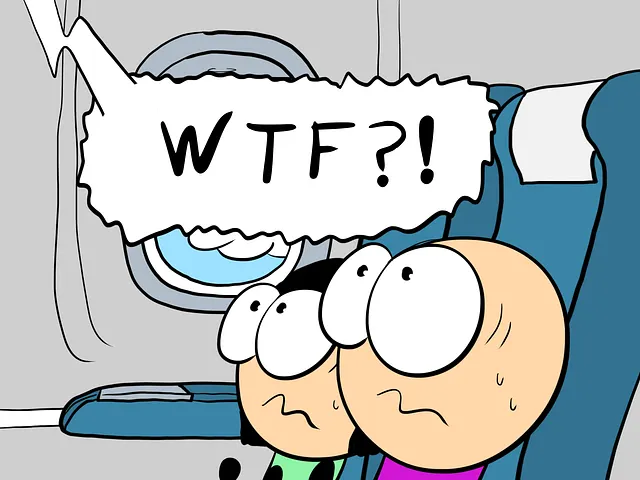“Unlock the Secret: How Homophones Could Change the Way You Understand Language!”
Homophones can be the sneaky troublemakers of the English language, don’t you think? They sound identical but carry entirely different meanings — and, oftentimes, they flaunt their differences in spelling too. Imagine writing a heartfelt note only to realize you’ve accidentally penned “I can’t wait to meat you!” instead of “meet.” Yikes! It’s that kind of mix-up that makes homophones the bane of writers and editors alike. The challenge lies in their deceptive nature; while spell-check tools diligently examine our texts for misspellings, they can’t distinguish between words that neatly fit the well-dressed criteria of spelling yet miss the mark in meaning. So, how can we navigate this linguistic minefield without losing our minds (or our readers)? Let’s dive in, explore some classic examples, and equip ourselves with handy tips to conquer those pesky homophones once and for all! To get started, you can click here to LEARN MORE.
Homophones are those annoying words that sound exactly alike but have different meanings and are often spelled differently.


















